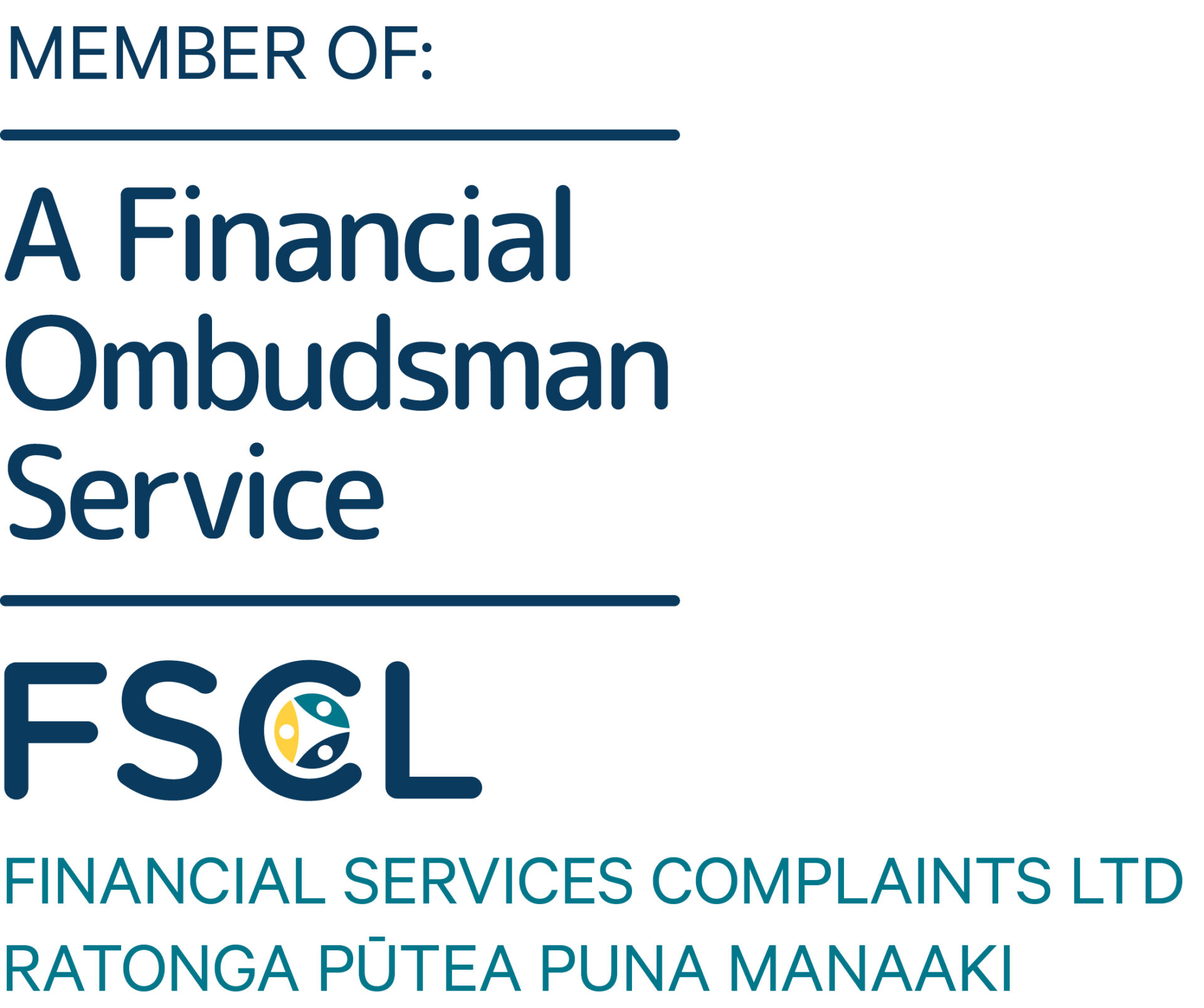Frequently Asked Questions
Frequently Asked Questions
A Grant of Administration is the legal authority the High Court gives an individual, a lawyer or a trustee company (such as Perpetual Guardian) to administer your estate.
There are three types of grants which an executor has to apply for depending on the value of your assets and whether or not you have a valid Will:
- Grant of Probate – this is for when your assets are worth over $120,000;
- Election to Administer – this is for when your assets are worth between $15,000 and $120,000;
- Letter of Administration – this application is required if there’s no valid Will.
Only a trustee company can apply for an Election to Administer as executor – this isn’t just a simpler process, but is also processed faster by the High Court. If an individual or solicitor is the executor they always need to apply for a Grant of Probate.
A beneficiary is someone who benefits from, or is left something, in your Will. They may be left a specific item, a gift of money, or even be entitled to a share of the residuary estate.
The residuary estate is what remains of the estate’s assets after any estate debts, administration expenses and any other gifts in the Will are all paid.
This depends entirely on your family circumstances, how complex your assets and liabilities are, and whether anyone contests the estate.
A straightforward estate can be finalised within six months from when the Grant to Administer is obtained from the High Court.
However, some complex estates can take well over a year to be finalised.
If your estate is contested there’ll be further delays. This is because the executor can’t finalise your estate until all claims are settled.





